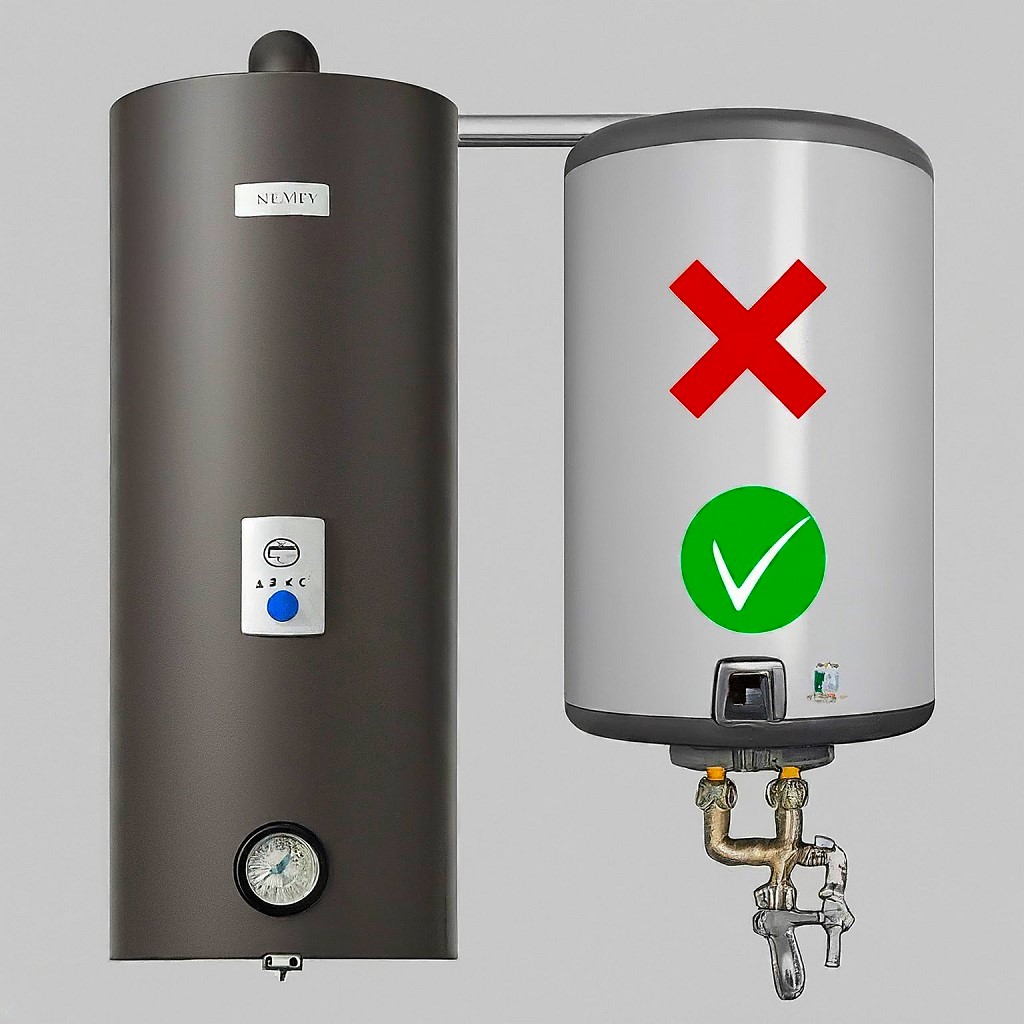
Understanding Tankless Water Heaters: Efficiency, Cost, and Environmental Impact
The quest for more efficient home appliances has led many to consider the merits of tankless water heaters. Unlike their large tank-based predecessors, these revolutionary systems supply hot water on demand, lowering energy use and providing other benefits consistent with modern sustainability aims. From the nuances of operational efficiency to the financial and environmental gains, we will explore the full spectrum of what it means to incorporate a tankless water heater into your home.
For the homeowner who stands at the crossroads of making a significant update to their property’s amenities, the choice of water heater installation Grants Pass shifts the spotlight onto crucial considerations such as energy usage, space conservation, and the newer model’s long-term economic benefits. Let’s navigate through these concerns to facilitate a well-informed decision that could redefine your home’s utility efficiency.
Key Takeaways
- Tankless water heaters can provide a continuous hot water supply, eliminating tank systems’ standby energy losses.
- Initial costs are higher, but the reduced operating costs can offset the expense over the unit’s lifespan.
- Adopting tankless technology can result in water conservation and a reduction in carbon footprint, contributing to a more sustainable future.
How Tankless Water Heaters Operate
The magic of a tankless water heater lies in its ability to provide hot water on demand without needing a storage tank. This modern marvel is engineered to heat water directly as it flows through the unit towards the tap. The absence of a tank eliminates the standby heat loss familiar to traditional heaters, offering substantial energy savings. Furthermore, it ensures that a steady cascade of warm water is only a faucet turn away—a particularly appealing prospect for those weary of the wait associated with tank heating systems.
Environmental Advantages of Tankless Water Heaters
Tankless water heaters strike a chord with environmentally minded individuals by promising substantial water and energy consumption reductions. Unlike traditional tanks, which continually maintain a heated water supply, tankless heaters activate only when there is demand. This on-demand approach mitigates energy waste and contributes to the overarching goal of environmental conservation. It’s a tangible way for homeowners to align their daily routines with broader eco-friendly practices.
Environmental agencies notice this efficiency. As sustainability becomes an ever-greater priority, such endorsements underscore the importance of considering greener options for our homes.
Water Heating Performance: What to Expect
When assessing the performance of a tankless water heater, the flow rate becomes a pivotal metric. It determines the volume of water that can be heated and delivered simultaneously, which is particularly interesting to households with multiple occupants likely to need hot water simultaneously. Homeowners can ensure a sufficient hot water supply without interruption or compromise by understanding their household demand and selecting the appropriate unit.
While initial moments of tepidity—sometimes referred to as the ‘cold water sandwich’—can momentarily disrupt the stream of warmth, this is a feature of the rapid heating mechanism, not a flaw. The brief lapse represents the time it takes for the heater to engage and begin its swift heating process. It is a minor inconvenience compared to the waiting associated with tank systems and one that many homeowners deem worthwhile for the energy savings and streamlined efficiency.
Maintenance of Tankless Water Heating Systems
Although reputed for their durability and reduced upkeep, tankless water heaters still require maintenance to preserve their functionality and longevity. Routine tasks include periodic descaling, especially in areas with hard water, to prevent mineral buildup that could impair the unit’s heating capabilities. Sticking to a maintenance schedule can prolong the life of your tankless water heater well beyond that of a conventional tank, affirming its position as a long-term investment in household utility.
Considerations Before Installing a Tankless Water Heater
It’s crucial to consider your alternatives before installing a tankless water heater. It involves considerations surrounding your home’s existing infrastructure, such as the capacity of your electrical system or the adequacy of your gas lines. These elements can impact the compatibility and performance of a tankless unit. Couple this with the necessity for professional installation to safeguard against issues that could stem from an inexperienced DIY approach, and it becomes clear why expert consultation is a crucial step.
Final Thoughts on Tankless Water Heaters
Given their consequences, it’s essential to approach the topic of tankless water heaters with objectivity. These systems provide numerous advantages, meeting the demands of the contemporary, environmentally conscious homeowner: increased energy efficiency, adaptability to changing lifestyles, and a dedication to sustainability. However, they are also subject to cost considerations, household compatibility, and user expectations. When considering the transition to a tankless system, engaging professionals who can provide the expertise necessary to navigate the complexities of selection and installation is beneficial.